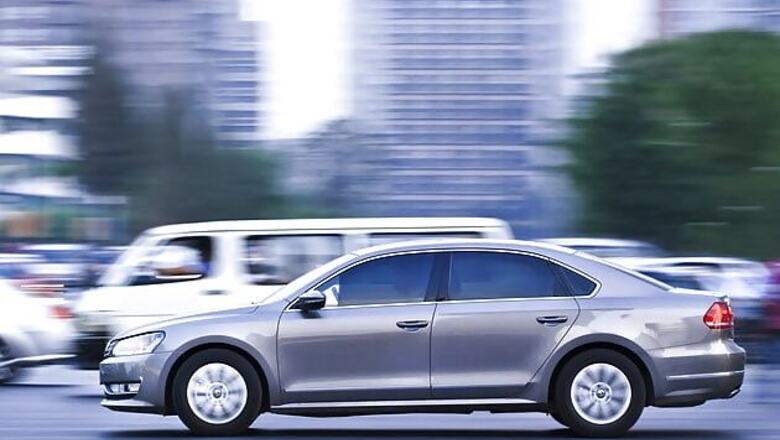
views
New Delhi: Imagine being fined for over speeding; now imagine that fine being based on your income. Preposterous, isn't it? While a lot of countries in the world have a clear fine structure for traffic rule violations, most of Scandinavia determines fines based on income.
Fines in Finland for traffic violations, shoplifting, and violating securities-exchange laws are assessed based on the violator's earnings. Recently, a Finnish businessman, who earned 6.5 million euros per year, was slapped an exorbitant fine of 54,000 euros for going 65 miles per hour in a 50 zone. The Finnish police consulted a federal taxpayer database to arrive at the fine amount.
In 2002, a Nokia executive was fined the equivalent of $103,000 (roughly 36 lakh rupees) for going 45 in a 30 zone on his motorcycle, and the NHL player Teemu Selanne incurred a $39,000 fine two years earlier, a report in The Atlantic noted.
Finland's system for calculating fines starts with an estimate of the amount of spending money a Finn has for one day, and then divides that by two-the resulting number is considered a reasonable amount of spending money to deprive the offender of. Then, based on the severity of the crime, the system has rules for how many days the offender must go without that money. Going about 15 mph over the speed limit gets you a multiplier of 12 days, and going 25 mph over carries a 22-day multiplier.
Fines were first set up as a punishment in Europe in the 1100s and Finland was the first country to introduce day-fines in 1921. Sweden, Denmark, Germany, Austria, France, and Switzerland also have some sliding-scale fines, or day-fines, in place.
Casey Mulligan, a professor of economics at the University of Chicago, said that an income-based system might appear to 'help the poor,' but might bring in disparities while handling those crimes. He further explains that because some penalties involve time in custody, in court, or in jail, the income-based system metes out justice equally to an extent as an hour of a CEO's time is worth a lot more than an hour of a janitor's.




















Comments
0 comment